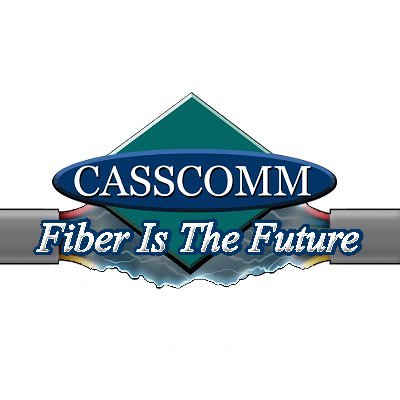The Village of South Jacksonville Board of Trustees and Village President Harry Jennings are at deeply divided odds over the possible issuance of a liquor license to a business. Jennings and the Board argued at length over the semantics of a zoning ordinance that encompasses the address of 1724 South Main Street Suite A. The upcoming business, owned by Tom and Stacey Pinkerton, had previously been denied a tavern liquor license at that address last month. Many citizens and business owners who live in and around the shopping plaza at that location voiced their concerns about its proximity to South Jacksonville Elementary School, it’s proximity to residences in the area, and the lack of parking at the plaza.
Jennings said that the zoning ordinance for a restaurant in the village does not restrict the issuance of a license in that location. Several members on the board felt like it was the Pinkertons objective to use a loophole. Village Trustee Dick Samples, speaking for the board after the meeting, says that Jennings’ interpretation of the ordinance is incorrect and possibly against the law: “Of the five trustees that were here tonight, there was a consensus that President Jennings is circumventing the law on this liquor license because it needs a B-1 Special Use zoning designation. President Jennings is saying that if you have a restaurant with a bar, a liquor license still has to be issued. When you issue the liquor license, then the zoning falls under B1 Special Use, which it is not zoned for. That’s all there is to it. The trustees aren’t reading anymore into this than what is already written if you go by what’s in the ordinance. It’s in there.”
Samples said that he would be contacting Village Attorney Rob Cross this morning to see a path forward. He says that he sees some of the village residents putting together a lawsuit about it. “It’ll be one big lawsuit. I don’t think there will be any trustees named. I’m not trying to speak for any of the other trustees, but I’ll be the first to testify against Harry on this. I think he has absolutely abused his powers as a liquor commissioner. I’ll do everything that I can in the next year to get the liquor commission oversight pulled from him and given over to the board so that anybody applying for a liquor license has to come before the board for a vote.”
Jennings could not be reached after the meeting as he left the premises directly after adjournment of the full meeting. Jennings said during the meeting he feels obligated to issue the license due to his interpretation of the law because the ordinance doesn’t specifically restrict liquor to be or not to be sold in the location.
Samples went on to say that the new Whewell development has nothing to do with the current situation with the Pinkertons’ property because the development hasn’t even begun construction. Samples noted that any argument for or against a liquor license is moot in that location because it has been zoned as a B2 location. Samples says he doesn’t believe the village will limit the number of liquor licenses down the road either to combat further pushback. Samples says it comes down to zoning. “It all has to be zoned properly. I didn’t make this zoning up. Our forefathers made this zoning up over 100 years ago. They did make the provisions so things can be changed for B1 Special Use, which is not the case in this property on South Main.”
A special use permit allows a landowner to obtain a tract of land for a use that does not fall directly under the permitted usage for that specifically zoned area. In most areas, the community is separated into different zones determined by the community’s zoning commission. These zones are then given a specific set of “by-right” permitted uses. This means that any land within that zone can be used for the permitted usage only, by right of the owner. In addition to the regular usages, under the local zoning regulations, each zone is usually given a “special uses” section allowing for uses that are just outside the intended uses for that zone. In this case, special uses are places that operate under a liquor license, which is governed by the municipality and the local liquor commission as well as any restaurant or retail store that has a drive-thru. Special uses give municipalities regulation over hours of operation, parking, and other provisions that may or may not be “of interest” to the public body.
WLDS News will provide further details about the issue as it develops. Any liquor license issues and requests will have action taken at the first village board meeting of the month on December 5th at 7PM.



